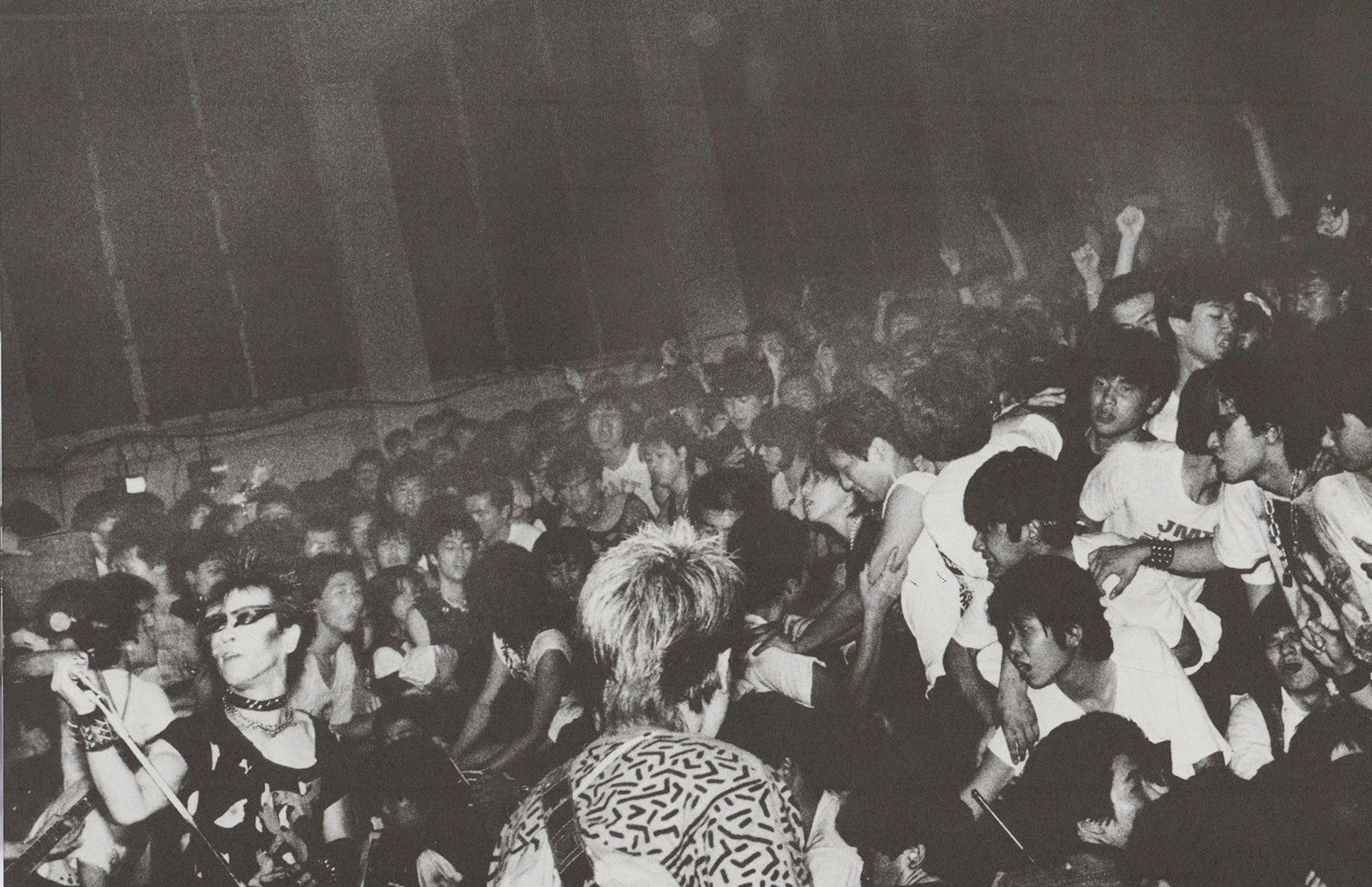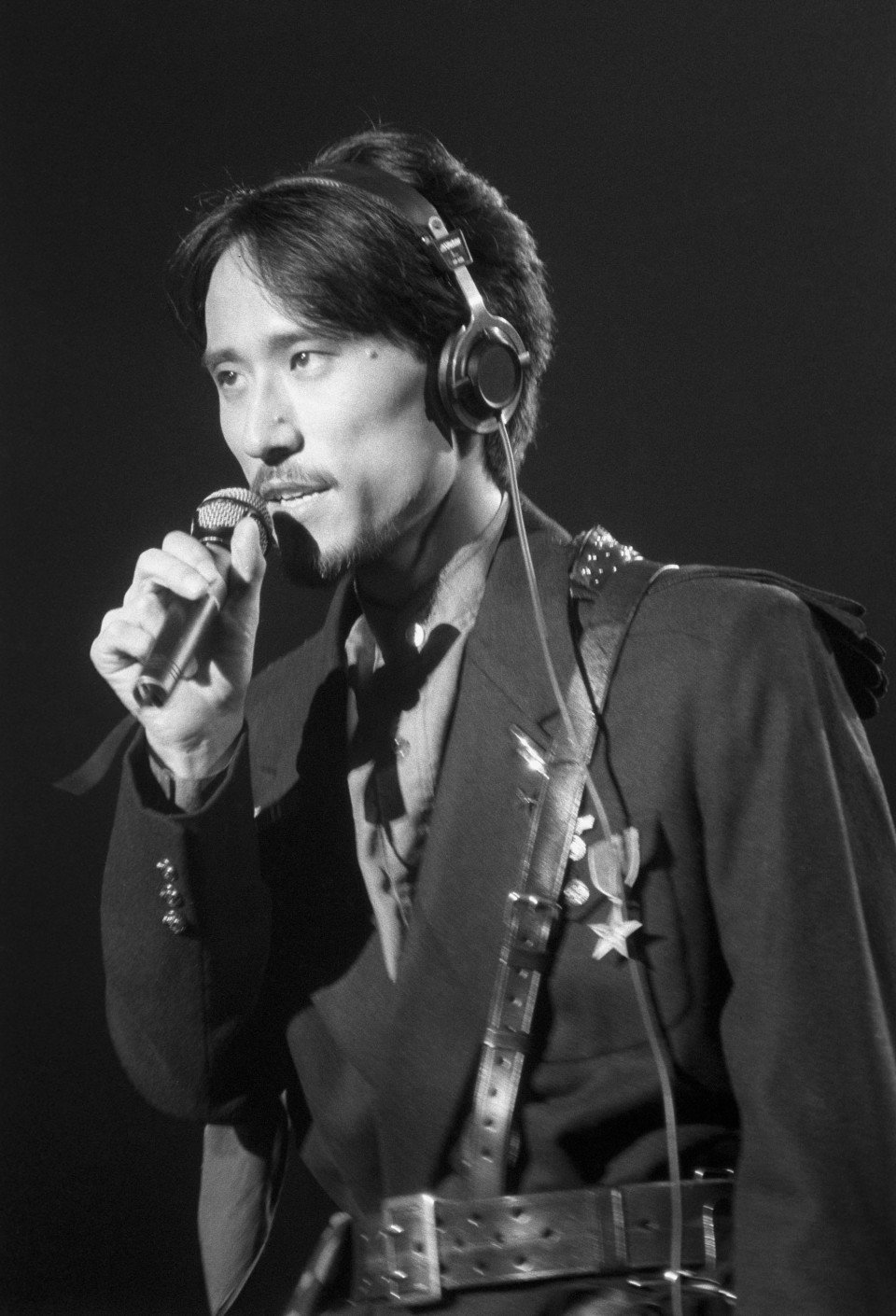The Japanese Drummer That Bob Marley Turned Reggae - Pecker

In the spring of 1979, Bob Marley and his prolific band “The Wailers” visited Japan and Oceania for a series of concerts at the peak of their success, looking to spread their spiritual and political message through their music.
Despite this relevance of this collective within the genre [and astronomical success domestically in Jamaica], there was very little visibility for reggae in the Pacific region. With this single concert series, though, this would change forever.
Upon their arrival at Tokyo Haneda Airport, Marley and the Wailers were given a very warm welcome by niche fans of the genre and over the next two weeks, the band played eight shows while they explored Tokyo and Osaka, visiting tourist attractions and meeting with local musicians before going on to Australia and New Zealand.
One of these musicians was Masahito “Pecker” Hashida, whom Bob Marley respected deeply. During their trip, Pecker built a friendship with the group, and Marley invited him to Jamaica to record, pitching a large collaboration between famed artists of their respective countries.
The next year, Marley and Pecker, along with musicians such as Ryuichi Sakamoto, Ryojiro Furusawa, Minako Yoshida, Augustus Pablo, and Sly & Robbie met in Kingston to record at famed studios, Channel 1 and Tuff Gong.
The resulting tapes from this unlikely collective, “Pecker Power” and “Instant Rasta” are notable for their unique blend of Japanese jazz fusion and Jamaican reggae. The combination of jazz synth and rocksteady drums throughout both albums perfectly reflects the countries' contribution to the collaboration. This brought substantial visibility to reggae in Japan, creating a cultural bridge between artists in both countries that remains today.
Thanks to The Wailer’s visit to Tokyo, and Pecker’s visit to Kingston, the reggae genre now has a thriving fanbase in Japan and a subculture of Japanese reggae artists that continue to spread Marley’s message to Japan through their music.





